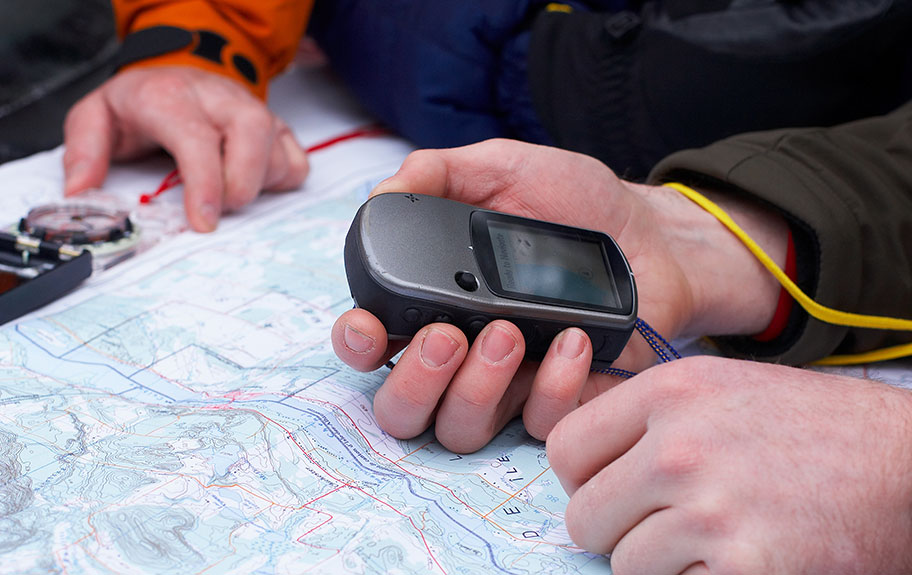
January 10, 2013, by Tara de Cozar
EU funding – how do I access it?
The University of Nottingham has received more than €100m in EU research funding since 2007, with 232 successful proposals submitted to its Seventh Framework Programme — or FP7, as it’s more commonly referred to.
That’s a huge amount of money — €101,460,000 to be exact. And it’s helped to fund projects as wide ranging as developing diagnostic tests for osteoarthritis, improving the technology and application of GPS in wireless devices and the origins and development of Roman glass tiles.
Nottingham ranks 21st out of all academic institutions across the whole or Europe receiving funding. The short version of this story is — we’re pretty outstanding at pulling in EU funding.
So, how does this help our researchers? And how can they get their piece of the pie?
EU funding strands can be complicated, so I’m relying on the FP7 website to offer clarity on what the programme covers. And I quote…
“The Seventh Framework Programme (FP7) bundles all research-related EU initiatives together under a common roof playing a crucial role in reaching the goals of growth, competitiveness and employment.”
There are various strands through which funding is accessed, from European Research Council (ERC) which focus on excellence in researchers and their groundbreaking research projects, to Cooperation awards which see researchers from across Europe collaborating to address to grand challenges facing society.
There’s also Marie Curie schemes — traditionally a real strength for this University — which fund Initial Training Networks (ITN) that train PhDs in a particular research area. Future blogs and press releases will look at some of those running at the uni at the moment — watch this space.
Dr Ali Mobasheri, Associate Professor and Reader in Comparative Physiology in the Musculoskeletal Research Group, worked with the Faculty of Medicine and Health Sciences Business Development Executive to secure a€5.9m grant. His project ‘Novel Diagnostics and Biomarkers for Early Identification of Chronic Inflammatory Joint Diseases’ brings together researchers from universities across the UK and Europe to examine diseases like osteoarthritis. Dr Mobasheri’s research brings €1.8m of the total grant to Nottingham, to develop biomarkers that will allow identification of the disease in its very early stages.
“Zoe Lawson (who has since left the University and is now a Technology Transfer Officer at CERN) was the Faculty of Medicine and Health Sciences Business Development Executive who took our idea to Brussels in late 2010/early 2011 and campaigned for the topic to be included in the 2011 EU Health Call. Without her help and hard work the topic may not have been included.
“I was also fortunate enough to receive travel funding from Research Graduate Services, which enabled me to travel to Brussels and negotiate the award.”
And cash begets cash, it would seem. The project has since been successful in also securing £3m funding from the Arthritis Research UK Centre of Excellence for Sports Injury and Osteoarthritis prevention.
So, if you’re thinking that you’d like to apply for funding but are daunted by the concept, never fear, help is at hand. Contact Matthew Rackley in Research Graduate Services, or your faculty Business Development Executive (LINK). They’ll be able to tell you what’s available and how to access it.

Let’s not forget that many of us postgrads can study here at UoN thanks to EU research scholarships!